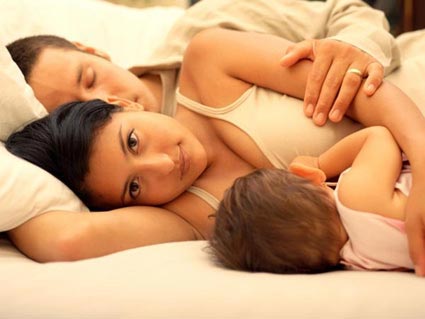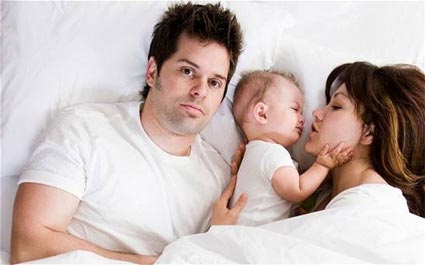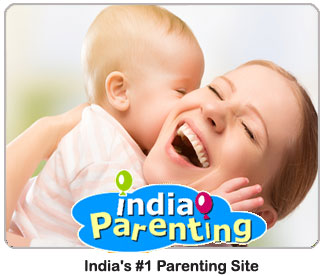There are various contraception measures which can help you to prevent unwanted pregnancy after your delivery. Read on to know more about the contraception after delivery.After the delivery of your baby, your doctor will advise you to abstain from sex for at least 6 weeks. You may get your periods in 4-10 weeks after your baby’s birth or even after that if you are breastfeeding. But it is very important not to take any risk to become pregnant again any soon. So you must consult a doctor or general practitioner and start taking contraceptive measures to prevent unwanted pregnancy after delivery.
Let us have a look at various contraception options which you can choose after childbirth and delivery.
A. Barrier Methods of Contraception
They physically prevent sperm from reaching the uterus. They do not have any side-effects and can also help protect from Sexually Transmitted Infections (STIs), but are less reliable.
Male and Female Condoms: Male
condoms are the easiest method for birth control but they tend to split off at times.
Female condoms are less comfortable.
Diaphragms and Caps: Partially fill them with spermicide and insert in your vagina before sex. This prevents sperm to pass through the uterus.
B. Hormonal Methods of Contraception
They are highly effective at preventing pregnancy, although they do not offer protections from
STIs.1.Short-acting Contraceptives
Except Mini-Pills, others are restricted to breast-feeding mothers due to their estrogen content. They are 98-99% effective if taken regularly. They may cause fewer side-effects.
- Mini-Pills or Progestogen-Only Pill (POP): It contains small amount of progestin that blocks the sperm and prevents egg implantation.
- The Pill or Combined Oral Contraceptive Pill (COCP): It contains both estrogen and progestogen. It stops ovulation.
- Contraceptive Patch: It is stuck on to the skin so that both the estrogen and progestogen are continuously delivered to the body.
- Ring: It releases a low dose of estrogen and progestin.
2. Long-acting Contraceptives
These are best if you do not want to get pregnant again or for a few years and they do not affect breast-feeding mothers. They are very effective. However, periods may be heavy and irregular.
- Contraceptive Injection: It releases a progestogen hormone into the body. Its effect lasts over a year.
- Contraceptive Implant: It involves a minor operation under a local anesthetic by which progestogen hormone is released into the body. It lasts up to 3 years.
- Intrauterine Contraceptive Device (IUCD): It is a plastic and copper device that works mainly by stopping the egg and sperm from meeting, and also prevents the implantation. It can be fitted for 5-10 years.
- Intrauterine System (IUS): It is inserted into the uterus and releases a slow dose of progestogen for up to 5 years.
C. Permanent Method of Contraception
Sterilization:
It involves an operation and is very effective if successful, but the process is irreversible. This has no medical risks.
- Male Sterilisation (Vasectomy): It stops sperm travelling from the testes. It is easier and can be done under local anesthetic.
- Female Sterilization: It prevents the egg to meet the sperm. It can be surgical via tubal ligation or non-surgical via implants inserted into fallopian tubes via your vagina.
How Effective Is Contraception? None of the above mentioned methods is completely reliable. You have to keep a reminder if you are on the contraceptive pills. You must be careful for the side-effects of the hormonal methods. Finally, you can rely on sterilization only if you are absolutely sure that you do not want to conceive any more.
If you are breastfeeding mother, you CANNOT take birth control pills or emergency contraceptive pills. It is always better to consult your gynecologist before opting for any method of contraception after delivery. Your gynecologist will suggest a proper contraceptive for you based on whether you are breastfeeding or not.
Is breastfeeding a natural method for preventing pregnancy? Which contraceptives are safe for new mothers after delivery? Why is it not safe to take birth control pills after delivery? Discuss here. 
























